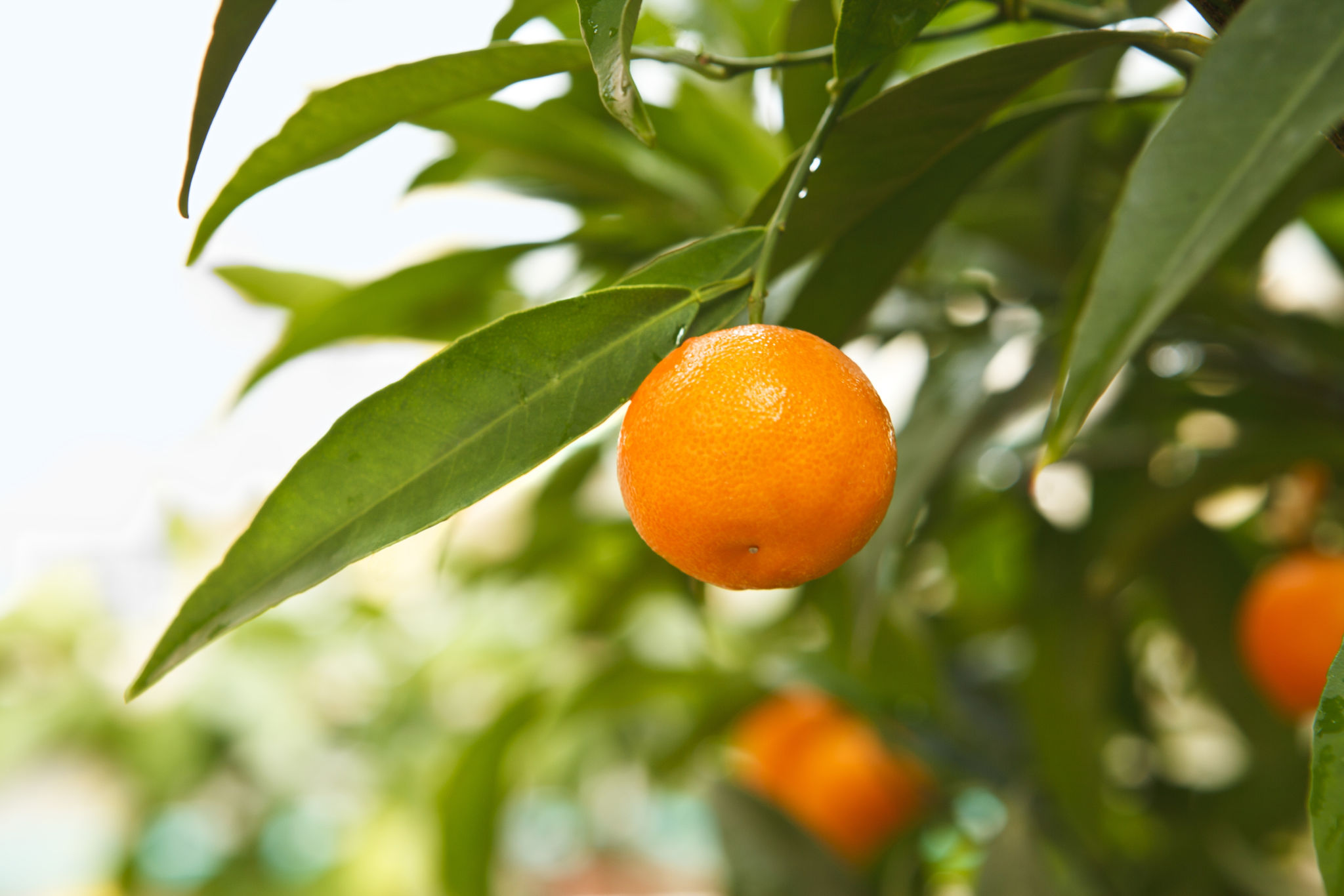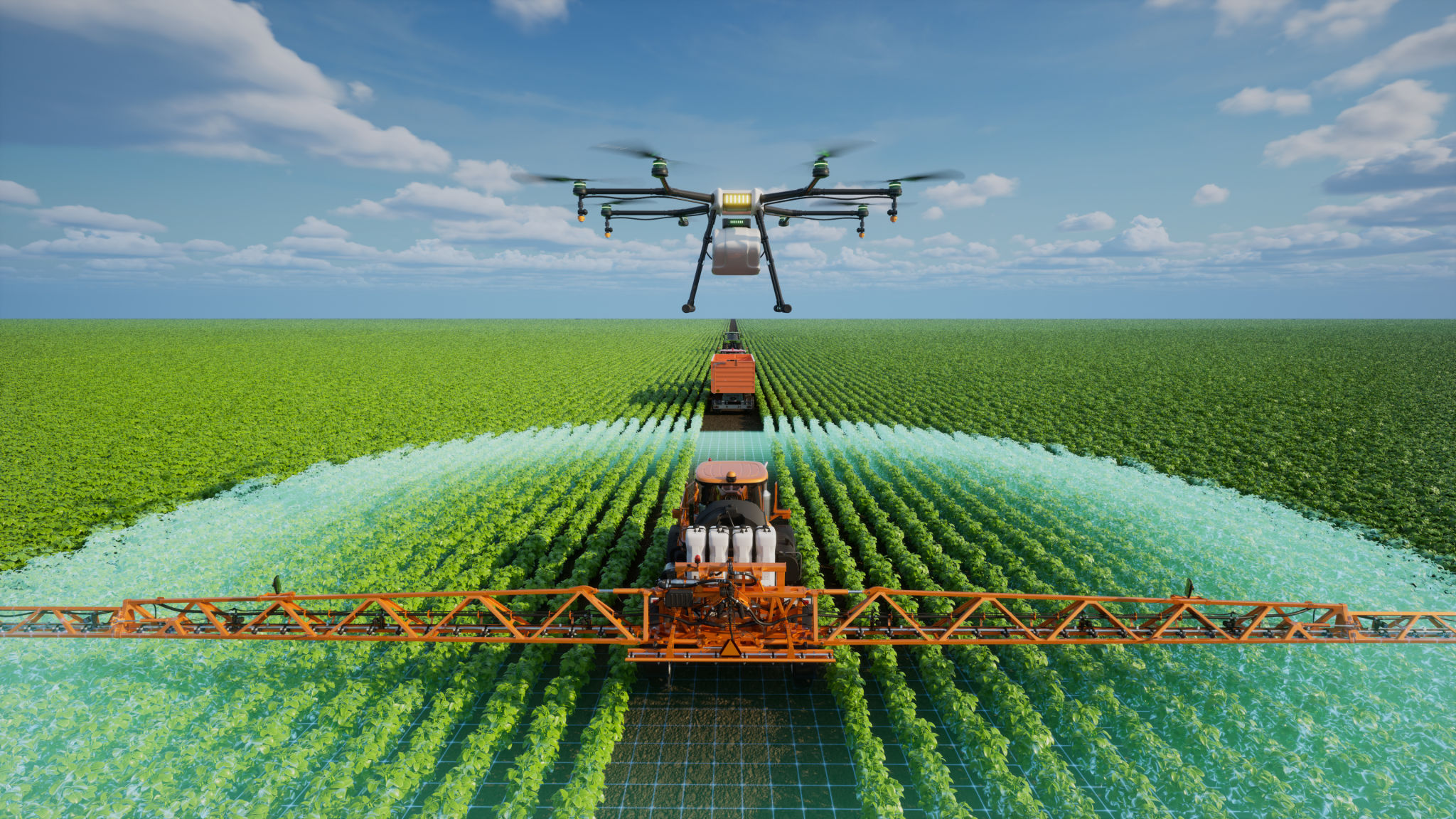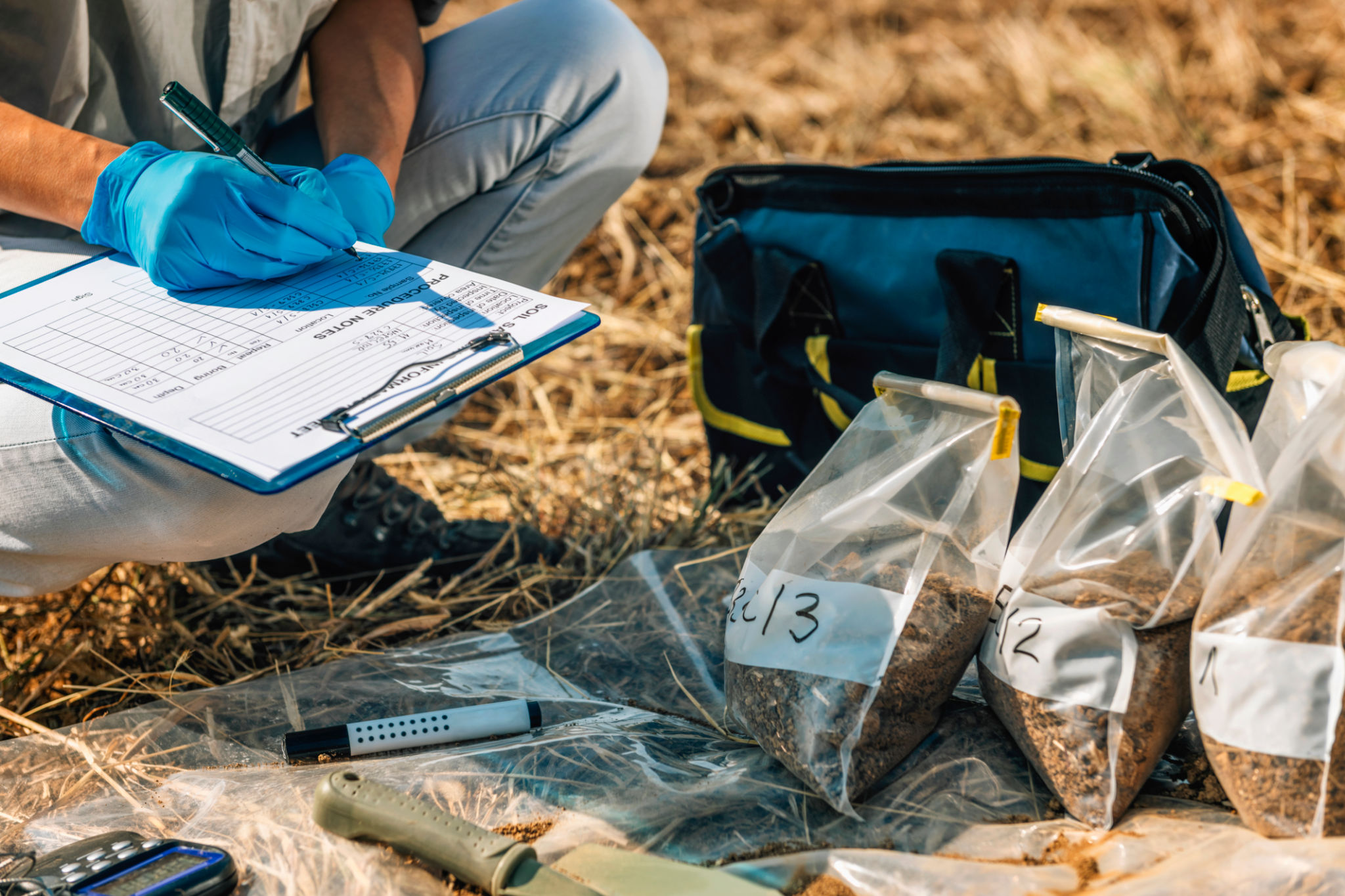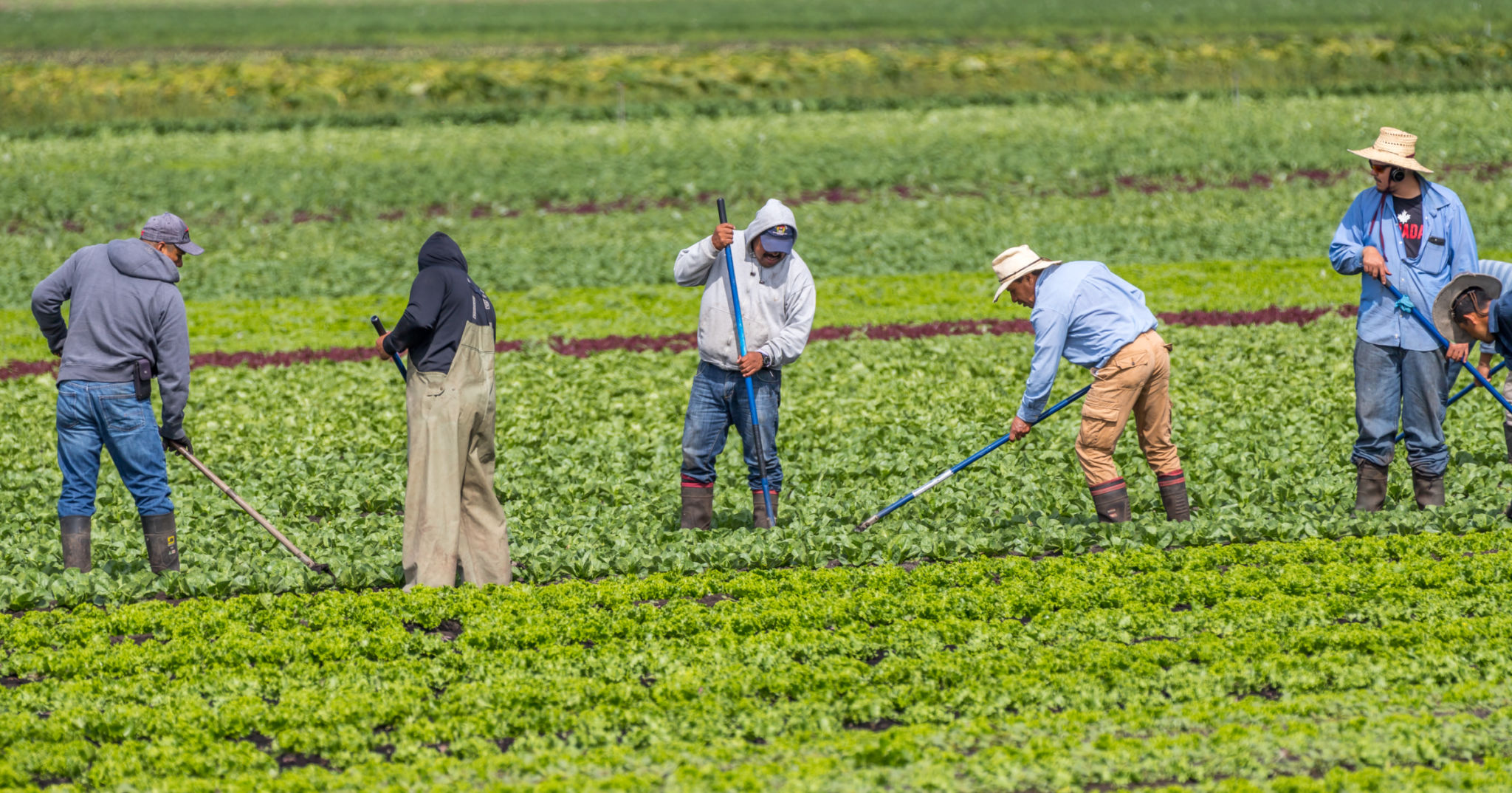How to Improve Farm Productivity in Florida: Top Strategies and Tips
Understanding the Unique Challenges of Farming in Florida
Farming in Florida offers unique opportunities and challenges. The state's diverse climate and soil conditions support a wide variety of crops, from citrus to strawberries. However, these benefits are coupled with challenges such as unpredictable weather patterns, pests, and diseases. To improve productivity, it’s crucial for farmers to understand these local conditions and adapt their strategies accordingly.

Embrace Sustainable Farming Practices
Sustainability is more than a buzzword; it’s an essential practice for long-term productivity. Implementing sustainable farming techniques can help conserve resources, reduce waste, and enhance soil health. Techniques such as crop rotation, cover cropping, and reduced tillage can improve soil fertility and reduce erosion. Additionally, integrating organic farming practices can further enhance productivity while maintaining ecological balance.
Farmers should also consider water conservation methods, crucial in a state like Florida where water resources can be limited. Employing drip irrigation or rainwater harvesting systems can significantly lower water usage while ensuring crops receive adequate moisture.
Leverage Technology for Enhanced Efficiency
Technological advancements have revolutionized agriculture, providing tools that can greatly enhance farm productivity. From GPS-guided equipment to data analytics software, technology allows farmers to optimize planting, irrigation, and harvesting processes. Using drones and satellite imagery can help monitor crop health and identify issues early on.

Moreover, adopting farm management software can streamline operations by tracking inventory, managing labor, and analyzing yield data. By leveraging these technologies, farmers can make more informed decisions that boost productivity and profitability.
Invest in Soil Health and Fertility
The foundation of any productive farm is healthy soil. Regular soil testing is crucial for understanding soil composition and nutrient levels. Based on test results, farmers can adjust their fertilization strategies to ensure crops receive the necessary nutrients without over-application. Organic amendments like compost and manure can also enhance soil structure and fertility.
Additionally, incorporating mycorrhizal fungi or other beneficial microbes can promote nutrient uptake and improve plant resilience. Maintaining a balanced soil ecosystem not only supports crop growth but also contributes to the overall health of the farmland.

Focus on Pest and Disease Management
Pests and diseases are a persistent challenge for Florida farmers, but integrated pest management (IPM) strategies can be effective in mitigating these threats. IPM combines biological, cultural, physical, and chemical tools to manage pest populations in an environmentally friendly manner. This approach reduces reliance on chemical pesticides, which can lead to resistance and environmental harm.
Cultivating pest-resistant crop varieties and encouraging natural predators like birds and beneficial insects can also play a significant role in managing pest populations. Regular monitoring and early intervention are key to preventing large-scale infestations that could impact productivity.
Enhance Workforce Training and Efficiency
A well-trained workforce is vital for maintaining farm productivity. Providing regular training on new technologies, safety protocols, and best practices ensures that all team members are equipped to perform their tasks efficiently. Encouraging open communication among staff can also lead to innovative solutions and improvements in farm operations.

Additionally, offering incentives or performance-based rewards can motivate workers to maintain high productivity levels. By investing in human resources, farmers can create a more engaged and effective workforce that contributes to overall farm success.
Plan for Market Trends and Diversification
Understanding market trends and consumer preferences is essential for maximizing farm profitability. Farmers should stay informed about emerging markets and consider diversifying their crop selection to meet changing demands. This could involve growing niche crops or exploring value-added products such as jams or juices made from farm produce.
Diversification not only opens new revenue streams but also reduces risk by not relying solely on one type of crop. By staying adaptable and responsive to market shifts, farmers can enhance their competitiveness and ensure long-term sustainability.